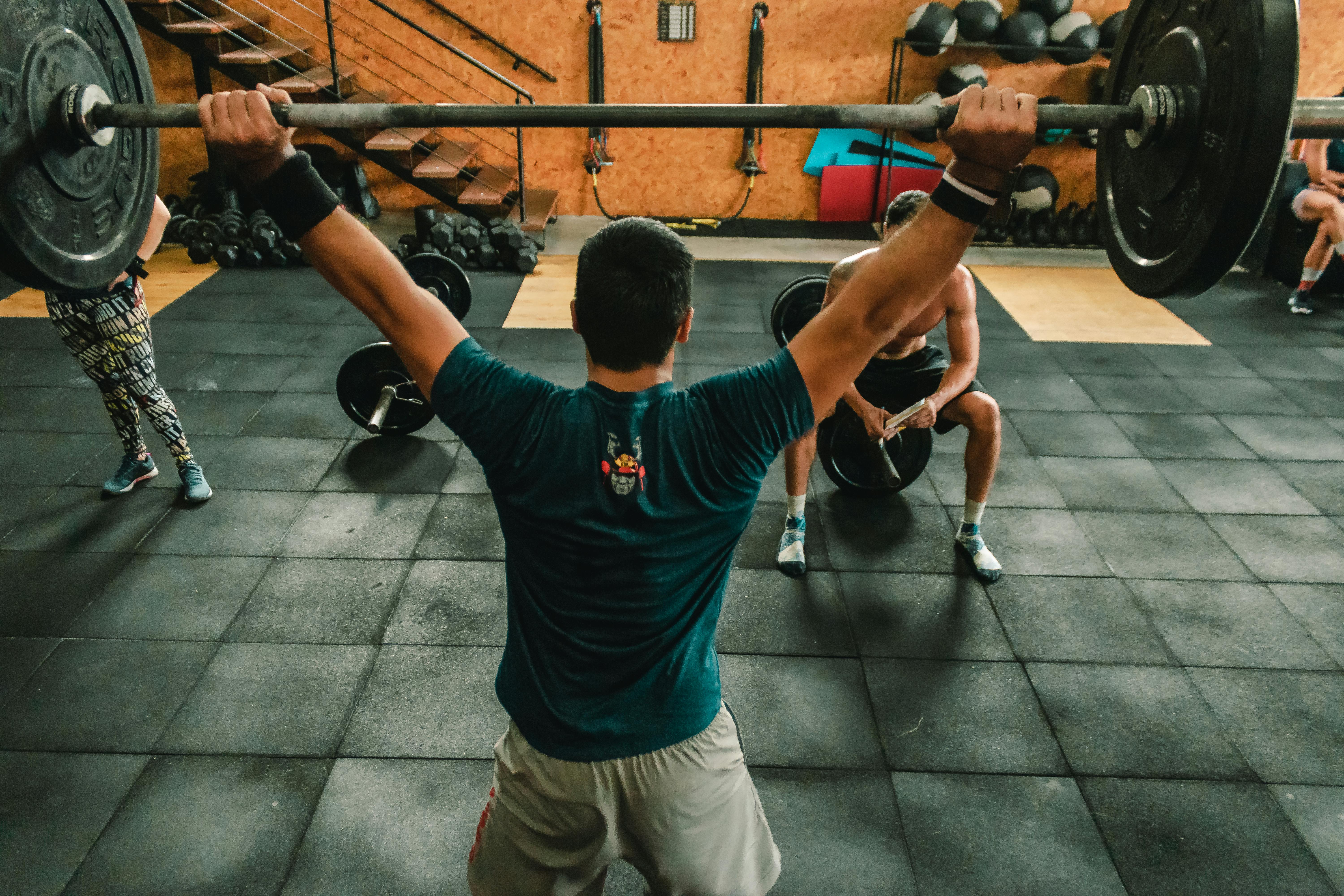
Senior Nicole Bush capped a terrific cross-country season by finishing fifth in NCAA National Championship competition, earning All-American status with a 6000-meter time of 20:13.4, losing the school record for the competition by a scan 3-10ths of a second. The 6K is about 3.84 miles and Bush’s mile pace was about 5:16.
Her fifth-place individual finish led Michigan State Women to a fifth-place team finish, the Spartans’ second-best performance, second only to fourth-place finish in 1981 for the first NCAA women’s championship.
Bush’s improvement from last year to this year’s All-American run was dramatic. She finished third among Spartan runners last year in 78th place with a time of 22:09, just 4 seconds shy of two minutes slower.
Bush was followed by junior Alissa McKaig (50 at 9:22 p.m.), junior Sarah Price (82 at 9:37 p.m.), senior Lisa Senakiewich (90 at 9:44 p.m.) and sophomore Emily MacLeod (94 at 9:44 p.m.). 9:45 p.m.). Two more sophomores didn’t score this year: Becky McCormack (115 at 9:54 p.m.) and Ashley Casavant (199 at 11:12 p.m.).
It is important to note that the difference between McKaig’s finish and the price amounted to 32 places but only 15 seconds. Absent from the race was the Spartans’ strong 5th runner, senior Katie Kelly, who was out with a back injury. Had Kelly been available, the Spartans could have done even better.
Things are looking better and better for the Michigan State running backs’ fortunes, especially with word that every member of the women’s team will return next year.
Anita Arndt-Molis continues to impress as Michigan State’s associate head coach in charge of all middle and distance runners. Last year, the Spartan Women were ranked 12th in the NCAA Championship race.
Can Spartan women get even better? You decide with just the knowledge of these three facts:
1) Last year, Alissa McKaig finished ninth overall in 21:07; this year was not her day as she was 50 at 9:22 pm.
2) Sarah Price was ranked 137th last year and 82nd this year.
3) Nicole Bush was just 3 seconds behind eventual winner, Texas Tech’s Sally Kipyego, at the 2K mark, just 20 seconds behind her at the 4K mark, and 43 seconds behind her at the finish. More strength training, increased confidence from this year’s performance, and increased experience and maturity can considerably close the gap to an individual national championship.
Clearly, Nicole Bush must now be considered among the nation’s emerging elite middle-distance runners, and a prospect for the 2012 London Olympics.
For the record, Stanford won the NCAA women’s title in 2007, followed by Oregon, Florida State and Arizona State. With their fifth-place finish, the Michigan State women left Big Ten champion Minnesota (12th) and runner-up Great Lakes Regional Michigan (21st) in the dust.
The Spartan men’s team, which finished 17th in last year’s NCAA Championship, did not qualify for this year’s final race. His season ended with the Great Lakes Regional Championships and a sixth-place finish behind Michigan and Wisconsin (which tied for first place), Notre Dame, Indiana and Ohio State. Sophomore Max Goldak led Michigan State with a 23rd-place finish.
The Spartan men ran well as a pack (about 64 seconds between first and fifth runners), but not fast enough to move toward NCAA standings.
The Spartan Women refused to be left behind as they successfully defended their Great Lakes Regional title, edging out Michigan by 3 points led by runner-up Nicole Bush. All five of Spartan’s scorers were among the top 25 finishes, a precursor to their outstanding performance in the NCAA.
For the record, the Michigan State women were second in the 2007 Big Ten Conference finals, just behind Minnesota by a single point. This type of finish underscores the importance of all 7 riders on the team, not just the top 5 listed on the team score. When one team’s sixth and seventh place runners finish ahead of another team’s fifth scorer, the impact is more than significant.
The men placed well out of the money in the Big Ten finals, finishing seventh. They run well in a pack, but either the entire pack has to be faster or someone needs to break away from the pack and become the leader, pushing the others faster. The speed of the group benefits from the speed of the leader.
The Wisconsin Badgers won the 2007 Men’s Big Ten title for the ninth consecutive year by placing their first 5 finishers in the top 15. You read that right, 9 consecutive titles; Wisconsin did it by recruiting winners. They have created a winning environment that attracts successful prep runners. Period, End of story.
(Editor’s note: This is part 1 of a 2-part article.)
Copyright © 2007 Ed Bagley